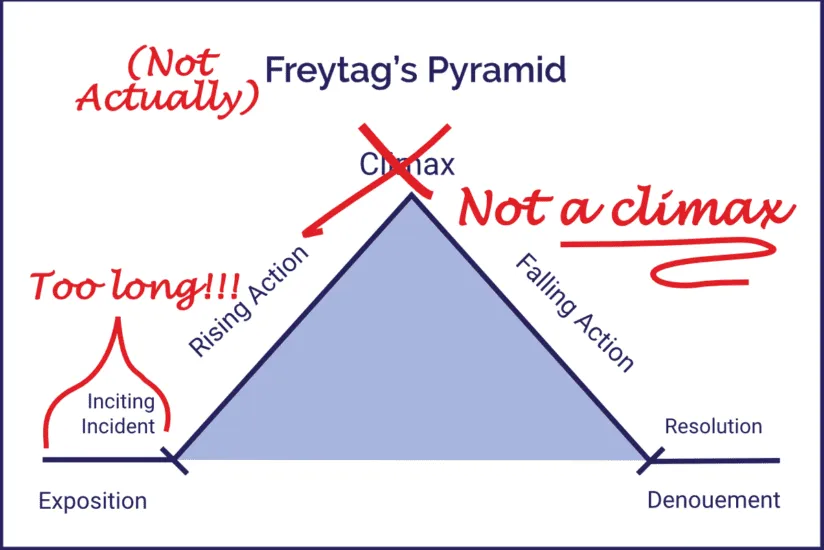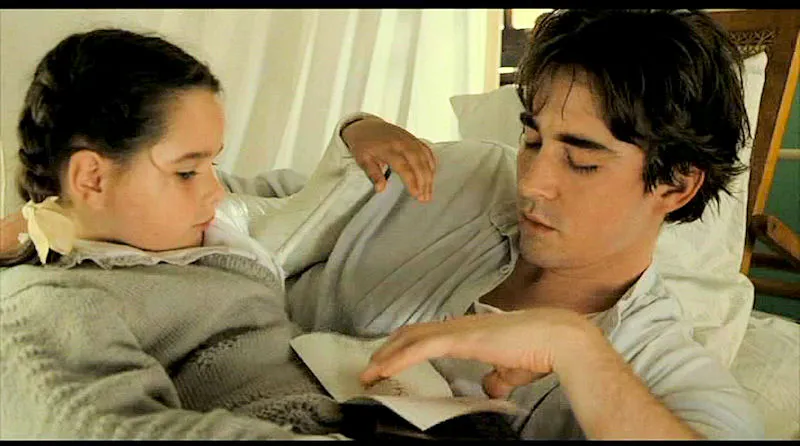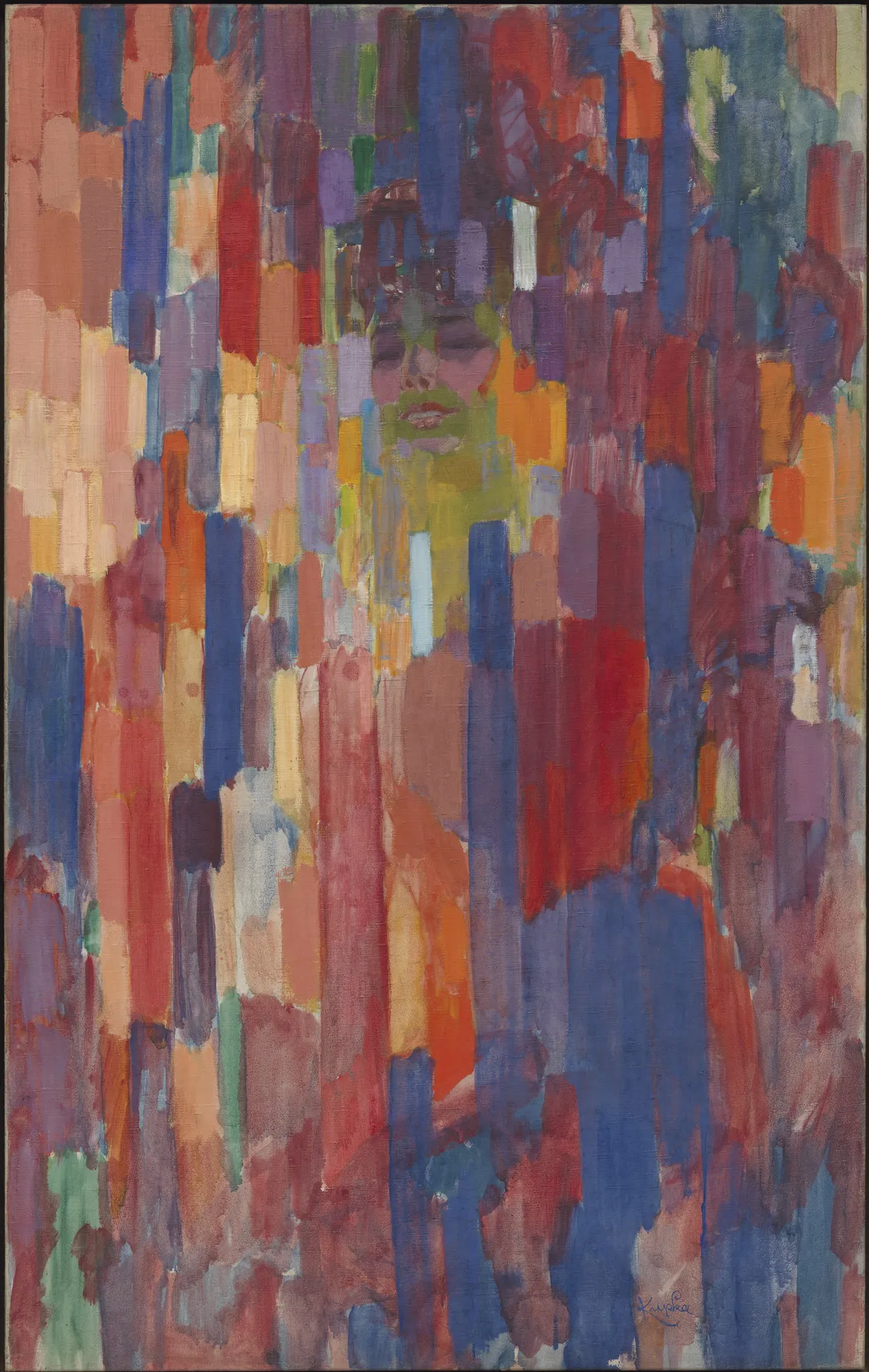a good story
in my twenties, i went through a phase of distrusting fiction, particularly novels so i stopped reading them altogether. partly because i don’t have the patience and partly because i distrust narrative.
at their worst, stories are the lies we tell ourselves so we can sleep at night. they are pat ways of organizing and understanding life. life! which cannot be organized, distilled, nor simplified. stories have been used on an individual and cultural and political basis to justify our wrongs, explain our incongruities, or omit the worst of us entirely. how can you find truth in a carefully constructed lie? how can you capture the chaos and beauty and contradiction of living in something as linear as plot?

part of my distaste began because i was being taught fiction writing. my undergrad program required all writing majors to take both fiction and poetry writing classes (to my disdain and honestly to the disdain of every fiction professor i encountered). the first day of class they would draw freytag's triangle on the board and it would take every fiber of my being not to groan1. they'd drone about rising action, climax, etc. and i'd seethe internally: what the fuck is an "inciting incident" anyway? when is the last time something happened to you and you thought, "wow the rest of my life before this was just exposition, but this? eating this cookie, meeting this stranger on a train, receiving this mysterious piece of mail--this is what i've been waiting for my entire life!"2
needless to say my professors disliked my prose. it was flowery and one-note, the characters were poorly developed if at all, and i spent too much time thinking about how everything sounded instead of creating any type of narrative structure. nothing happened in my stories. and my poor marks were justified--i had no interest in writing fiction let alone becoming good at writing fiction because i believed that art should be above all else beautiful and true.
i'm only just getting back into reading novels these past two years. I've read some good books in that time: the color purple, jane eyre, human acts. the thing is, i am a slow reader and i don't relate to stories. instead, i relate to people and their emotions and i believe a good story is one where those emotional stakes are pressing and cogent. i need time and i cannot love stories in the same way i love poems. But i enjoy novels and of course there is truth in them.
art, after all, is artifice--it's all a fabrication: poems, novels, movies, symphonies they're all less "real" than a persimmon, a hand, a breeze. but they are of course so present, persistent, they inhabit us ways that a persimmon, a hand, and a breeze cannot. it pierces us.
at the same time, i've started playing and running ttrpgs with my friends. it's a learning experience, especially starting to dm. it's always a matter of balancing your desires, your narrative inclinations, the player's desires, and the character's desires. as my days of writing poor fiction would suggest, i'm not the best story teller. it's just a muscle i need to keep developing and i'm hoping reading some good stories will help with that. and anyway the best parts are always when something truly ridiculous, something stupidly brave, or something absolutely out of pocket happens and that has little to nothing to do with the dm. i love ttrpgs because the best part of the story isn't me who tells the story, it is you who listens and demands it be different.

were you telling a story?...no, no, no, were you telling the truth just now? when you touched my toe?
i recently watched tarsem's the fall at the recommendation of my friends (with whom i play dnd). in the movie, a stuntman tells a story to a little girl while they are both in the hospital recovering from their respective falls. the story unfolds on screen as it's told and it changes as details are differently remembered or ret-conned. the story becomes a space for play, for distraction, a kind of medicine in its own right.
what's so interesting about this to me is that, partly because of the genre, partly because of how the story is being told and revised in front of us, the movie is so upfront about the story's place in the realm of fantasy and fabrication. Kind of like the abstract expressionists who gave up on figuration and representing the visual world because they wanted to reach an emotional or metaphysical or spiritual reality by focusing on the inherent power of shapes and colors. in fact, according to the abstract expressionist, it is only through his abandonment of mimicking the "real" that we can reach something beyond.

mme. kupka among verticals - frantisek kupka. a painting of his wife, an "assault on figuration"
a therapist once told me that people with trauma often subconsciously seek out situations similar to the context of their original trauma. They do this because they want to see if they can change what happened, if they can make it happen differently, if they can control it.
what playing dnd and watching the fall and picking up these novels has made me realize is that stories allow us react to and engage with what's scary, dangerous, and anxiety-inducing in a relatively safe environment. to me, that's one of the most touching functions of art. it challenges, teaches, and heals.
a story is beautiful and true not because it resembles life, but because someone has spoken life into it. what we say about ourselves is telling and powerful, so every story must carry the heavy burden of telling the truth, not necessarily the truth of what happened, but an emotional, metaphysical, or spiritual truth. a good story is not one in which the hero saves the day, a good story is a story that saves us.
of course if i had paid more attention instead of being a snobby poet in those classes i would have seen that narrative can really be more complicated.↩
this criticism is of course is predicated on the idea that the goal of art is to achieve mimesis but that's a rabbit hole for a different post.↩